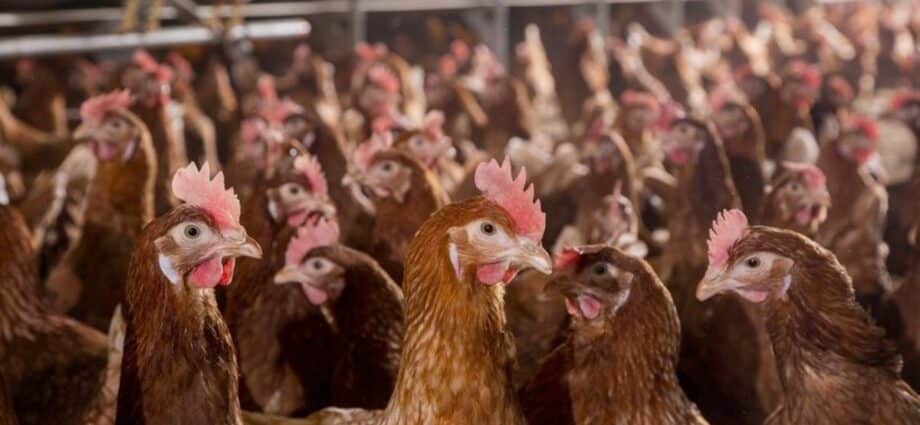By Rogia Saidath
In Tanzania, as in many African countries, poultry farming is an integral part of the rural economy as a source of income and nutrition.
Over the years, Tanzanian poultry farming has had significant improvements as reflected in part by the emergence of large and small-scale commercial farms and systems. Exotic poultry breeds were introduced in 1937, including broilers used in commercial farming, with huge potential in terms of short production cycle, low capital investment, fast yield and high quality-protein production.
Although it holds great potential, the modern poultry sub-sector faces substantial challenges such as high disease prevalence, poor handling practices, inadequate use and quality of medicines and vaccines, poor housing and sanitation conditions and inadequate extension services.
As a PhD researcher in biosecurity practices in poultry farming, I have conducted research assessing the levels of adoption of biosecurity practices on broiler farms in Tanzania’s Coast Region and gained useful insights in this sub-sector.
Biosecurity is a set of preventive management practices designed to exclude or reduce the risks of transmission and spread of diseases to animals, humans, or a disease-free area. Given the high susceptibility of broilers to diseases, and thus high mortality, veterinary costs, and low quality of finished products, it is, therefore, necessary to adopt such practices to minimise incidences of diseases.
The main conclusions from the assessment of broiler farms in Coast can be summarised as lack of training and limited understanding for most of the farmers. On the other hand, potential obstacles to the implementation of biosecurity practices on broiler farms in the region included lack of financial resources, negligence by employee or family members in charge of the broiler farm, and limited knowledge of biosecurity practices on a farm.
Broiler farms in the region have adopted some biosecurity practices ranging from sourcing day-old chicks from local hatcheries, vaccinating animals, building structures with brick walls and netting.
However, broiler farms were also found to routinely neglect a number of important biosecurity practices including accumulating deep litter for several weeks, rearing more than one flock of broilers of different ages in the same premises and poorly controlled traffic around and within the farm.
The findings from this study could have an indirect impact on broiler production performance. There are no specific laws and regulations on biosecurity in Tanzania though global institutions such as the FAO have established guidelines for the application of biosecurity in the poultry sector.
The responsibility of applying biosecurity on poultry farms in Tanzania, lies with two main actors: (i) the Tanzanian government (through the Ministry of Livestock and Fisheries, the Ministry of Higher Education and the veterinary and extension officers), and (ii) the farmers/poultry breeders. It will therefore be necessary for the government to revise Tanzania’s national poultry policy to adapt it to the current challenges facing the poultry sector.
The Tanzanian government needs to undertake a number of actions including making an inventory of existing veterinary and extension agents by region, as well as commercial chicken farmers and, if possible, all other players in the poultry sector value chain, to ensure that no player is overlooked during training or feedback.
As for the farmers themselves, they require increased awareness of the potential dangers and importance of biosecurity on their farms by attending training courses among other interventions.
The results of my research can serve as a basis for other developing African countries, which, depending on their farming context, geographical location, and the constraints of their poultry sector, can adapt the recommendations to promote the application of biosecurity practices on broiler farms and improve trade relations in the poultry sector.
Rogia Saidath is a PhD student from Benin at the Sokoine University of Agriculture (SUA) in Tanzania. She is 2021 Mawazo Fellow and a Fellow of the RSIF-PASET Programme















